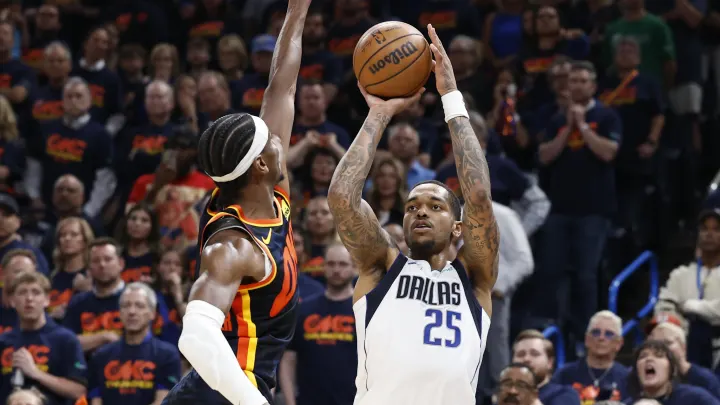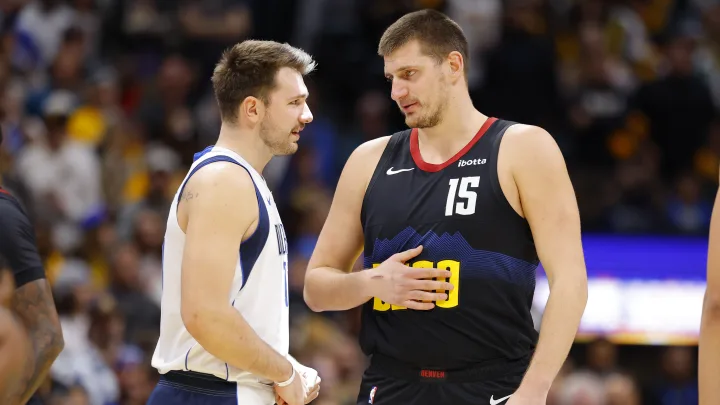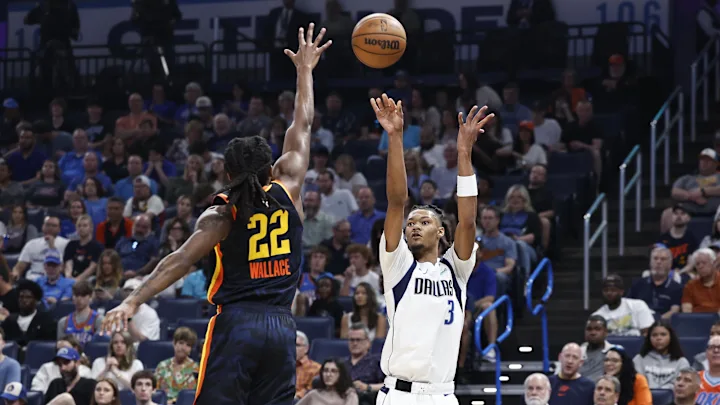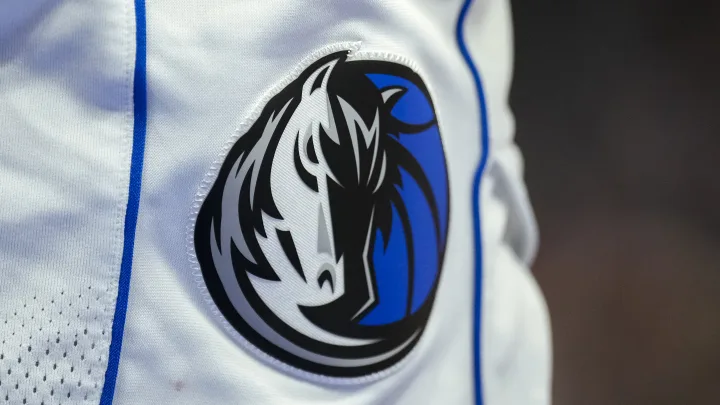His most impactful game was the second of the series, which found the Mavs in a 1-0 hole to the Thunder after losing Game 1 in Oklahoma City. Washington demonstrated his full repertoire in this matchup, hitting a three off of a Dereck Lively II short roll pass, driving the basket off of a screen and hitting a push shot, scoring off of multiple catch-and-shoot threes, and screening for Luka Doncic, who would find him on pick-and-pop sets. He continually made the Thunder pay for not respecting his deep shot and finished the game with 29 points, 11 rebounds, four assists, a block, and two steals.
The next game was more of the same – this time, Washington scored 27, including a monstrous jam over Chet Holmgren in transition that ignited an already raucous Mavericks crowd. He had multiple offensive rebounds on which he scored, as well as a few drives where his push-shot became lethal. Though his efficiency wasn’t at the same level as his locked-in Game 2 performance, he still managed to be Dallas’ leading scorer.
He was productive against the Timberwolves in the Western Conference Finals series, though not quite to the same degree as he was in the previous round. The problems came more against the Boston Celtics, whose defensive strategy dared Dallas to shoot the three out of pick-and-pop actions, which were unsuccessful for the most part.
Part of the reason Washington was so important is that he replaced Grant Williams’ 8.1 points per game with 11.7 PPG and instantly had a much better on-court rapport with Luka Doncic. He also fit the Mavs’ uptempo offense better as Washington is a better rim-runner, and on top of this, a significantly more impactful rebounder.
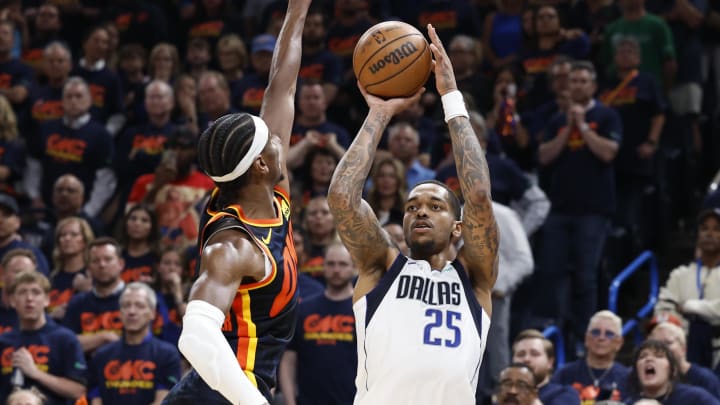
On the defensive end, Washington made a bigger impact as well. He averages nearly twice as many deflections per 36 minutes, has a higher block rate, a lower foul percentage, and a better defensive plus/minus, outranking Williams in nearly every defensive category. His impact on both sides was felt from the jump, as the Mavericks’ record after the trade deadline was 21-9, the third-best in the entire NBA over that span due to his and Gafford’s contributions.
On offense, Washington needs to be more consistent from three given the number of attempts he takes. For a player with a three-point attempt rate of 0.57, meaning 57% of his takes are from deep, his percentage has to be on average higher than the 31.4% he shot as a Maverick. He shot 34.8% in the playoffs, which is an obvious improvement and an encouraging sign but much of that is influenced by his outrageous performance in the Western Conference Semis against Oklahoma City.
Given there is no other option on the roster at power forward better suited to start than Washington, his shooting will be one of the most important factors going into the 2024-25 season. Should he hold serve with his playoff percentages, that three-to-four-point improvement could be enough to win Dallas an extra couple of regular season games, and given the competitive nature of the Western Conference, that could mean the difference between a 3-seed and a 7-seed.
Washington will be the team’s X-factor this year, with his perimeter scoring being the swing skill.
